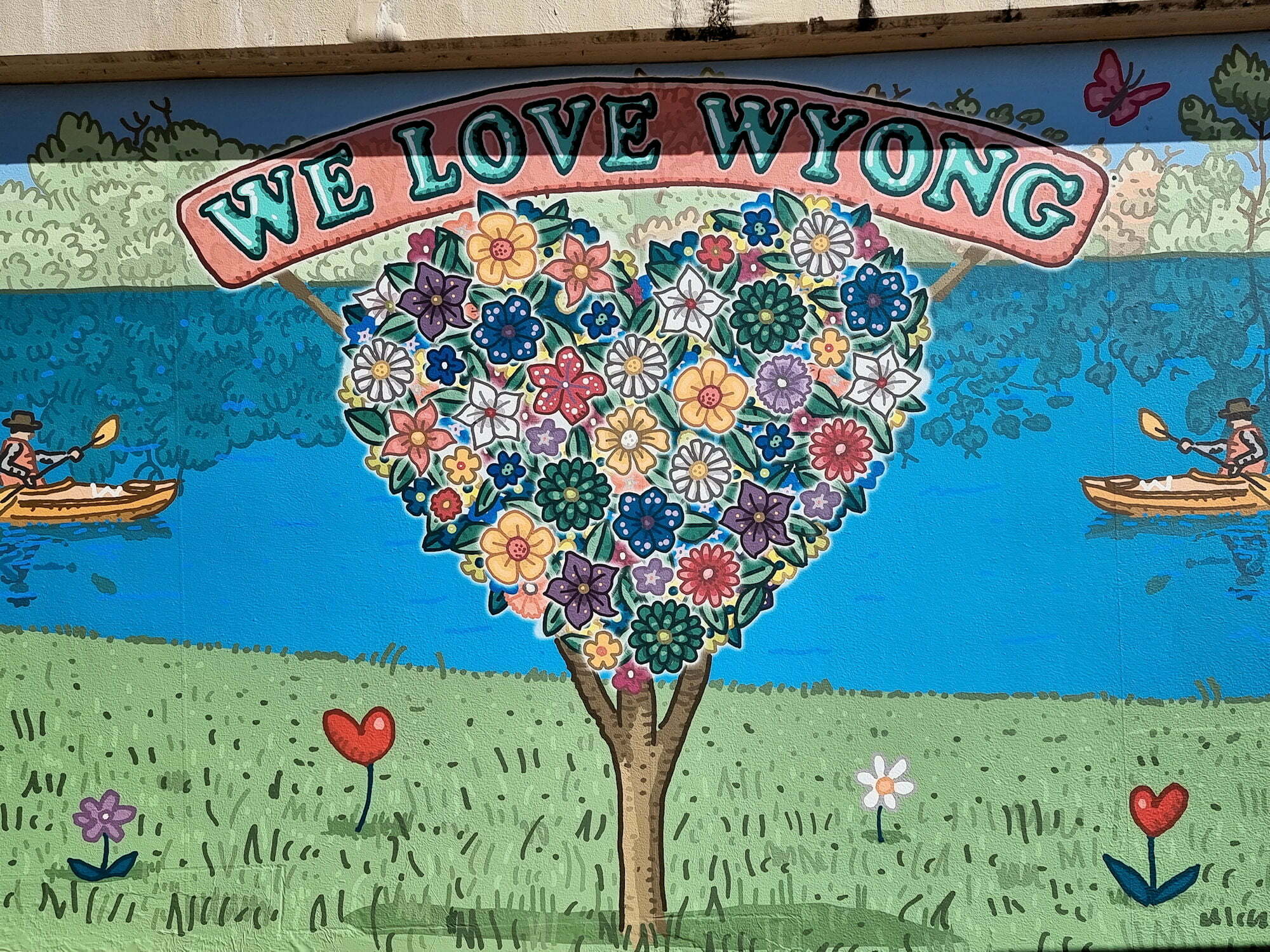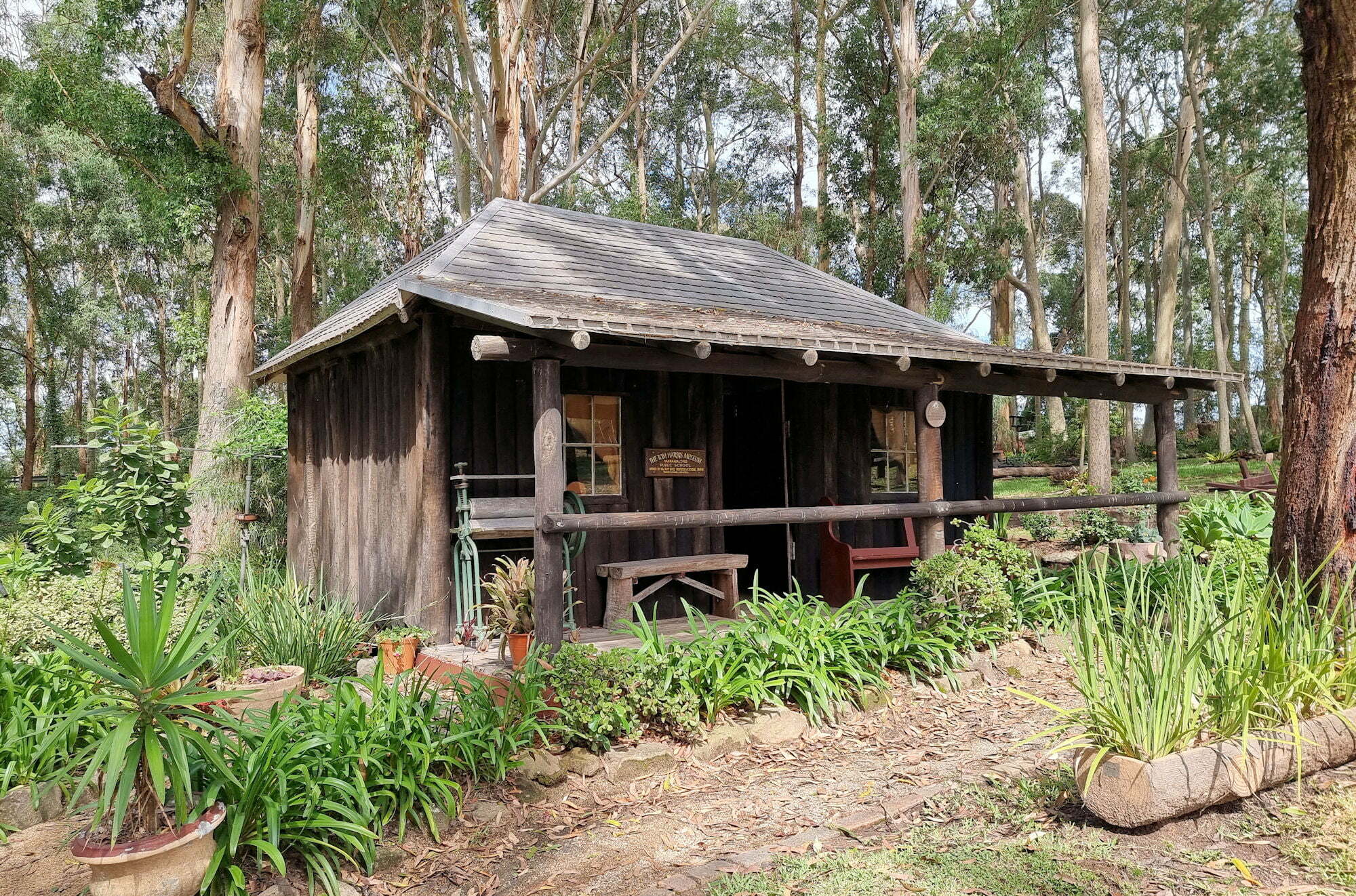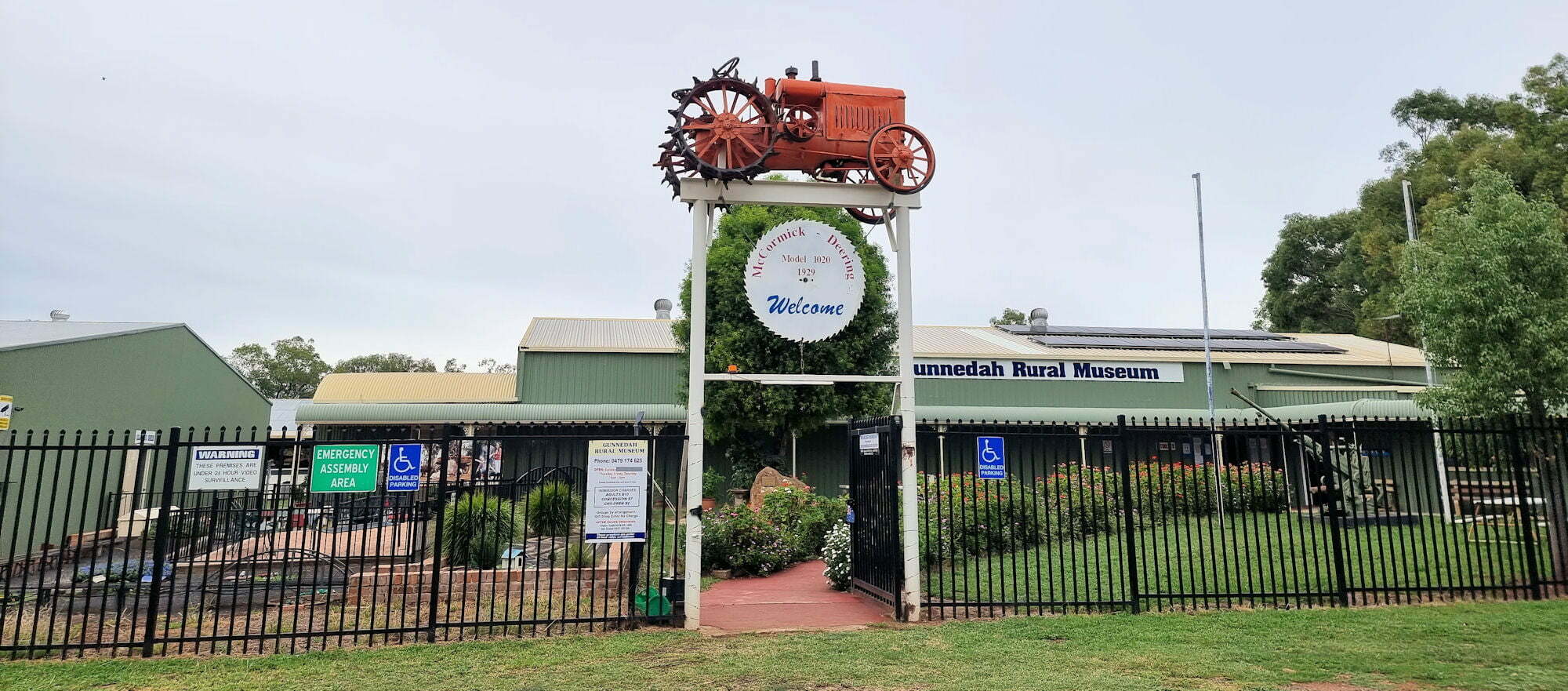Category: History
-
Wyong New South Wales

Wyong New South Wales Australia Located on the New South Wales Central Coast, Wyong is around an hour’s drive north of Sydney, or an hour’s drive south from Newcastle. We visited to see the historic building and street art as well as visiting Alison Homestead on the outskirts of town. Our first stop was the… Read more
-
Alison Homestead Wyong Australia

Alison Homestead Wyong Australia Set on one of the original land grants in the area, dating from 1825, the Alison Homestead is the home of the Wyong District Museum & Historical Society. Although the original homestead was the subject of an arson attack in 2011, the rebuilt building has many great items generously donated by… Read more
-
Gunnedah Rural Museum

Gunnedah Rural Museum Arriving at the museum we were greeted by a happy volunteer who gave us a map of the layout and told us to help ourselves to a tea or coffee. With our travels we have found rural museums occupy old houses, so are quite small. Not the Gunnedah Rural Museum, it takes… Read more